When Karen Piotr’s late husband Mark gave blood as a regular donor, he often joked: “They’ve had a pint of my finest, so when I die, they can have anything they need.”
The couple, who were married for almost 30 years, had discussed organ donation many times and, Karen said, Mark had made it clear that if anything ever happened to him, he wanted to save lives after his death.
In 2017, at the age of 48, Mark died suddenly from a spontaneous bleed to the brain, and his organs ultimately went to eight people.
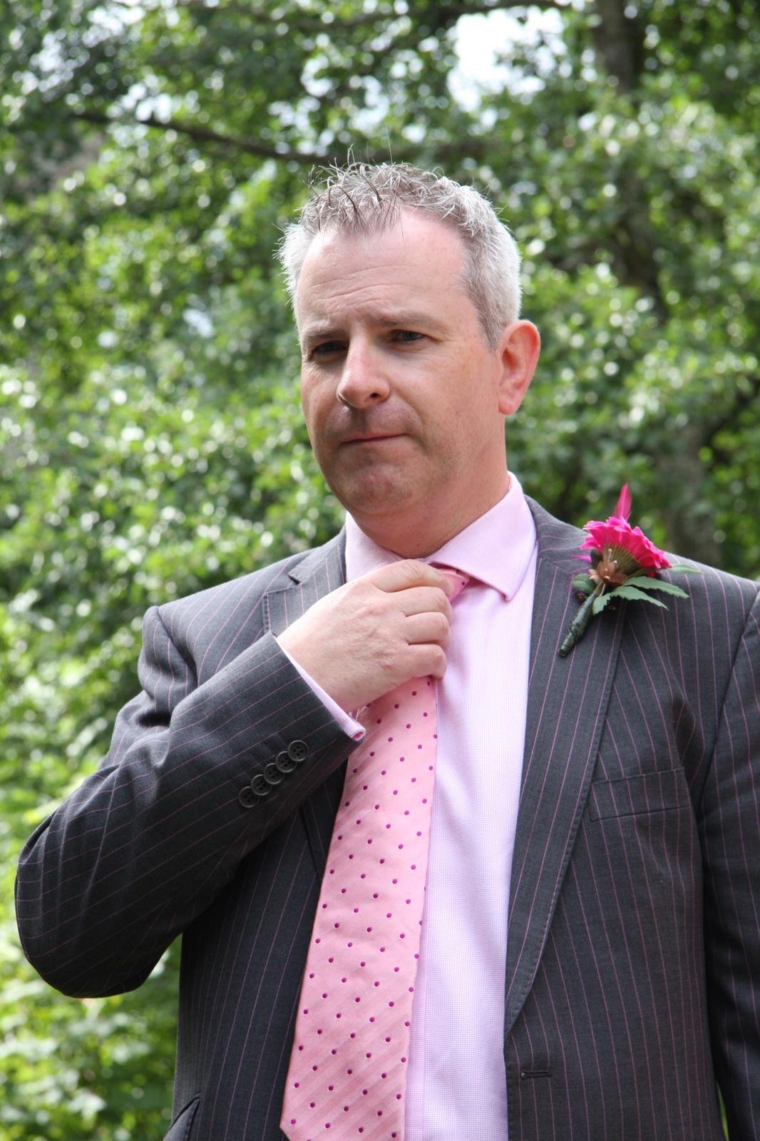
One of those was Yorkshire artist Pete McKee, who had been diagnosed with end-stage liver disease caused by a genetic condition.
Pete, who says he definitely wouldn’t be here today without Mark’s liver, is now one of hundreds of transplant survivors, some as young as five years old, gathering in Leeds from Thursday for the first British Transplant Games since the coronavirus pandemic.
Karen, who lives in Bradford, says she will be filled with emotion and pride when she watches Pete compete. “It is surreal to know there is a part of Mark keeping Pete alive. It is phenomenal to see Pete live his life because of organ donation. The emotions at the Games will be overwhelming,” she said.
Participants will take part in events ranging from sports inclusing swimming, cycling, badminton, golf, athletics and football, to children’s events such as an obstacle course and bean-bag throw.
With many transplant survivors spending a lot of the pandemic shielding, the four-day event will be a chance for those who have forged close relationships due to their shared experiences to reunite and take part.
i spoke to some of those participating.
‘My transplant was like a rebirth’
Upon receiving Mark’s liver, Pete wrote a heartfelt letter of thanks to Karen describing the life-changing difference the transplant had made to him and his family. The pair exchanged letters for a while before an emotional meeting in person. Karen recalls how Pete engulfed her in a huge hug and whispered: “Thanks so much.”
“I just feel joy at seeing Pete as I know giving him the chance of life is exactly what Mark wanted. Mark was a very giving man in life and has now helped the lives of eight people after his death. I will be cheering Pete on with pride.”
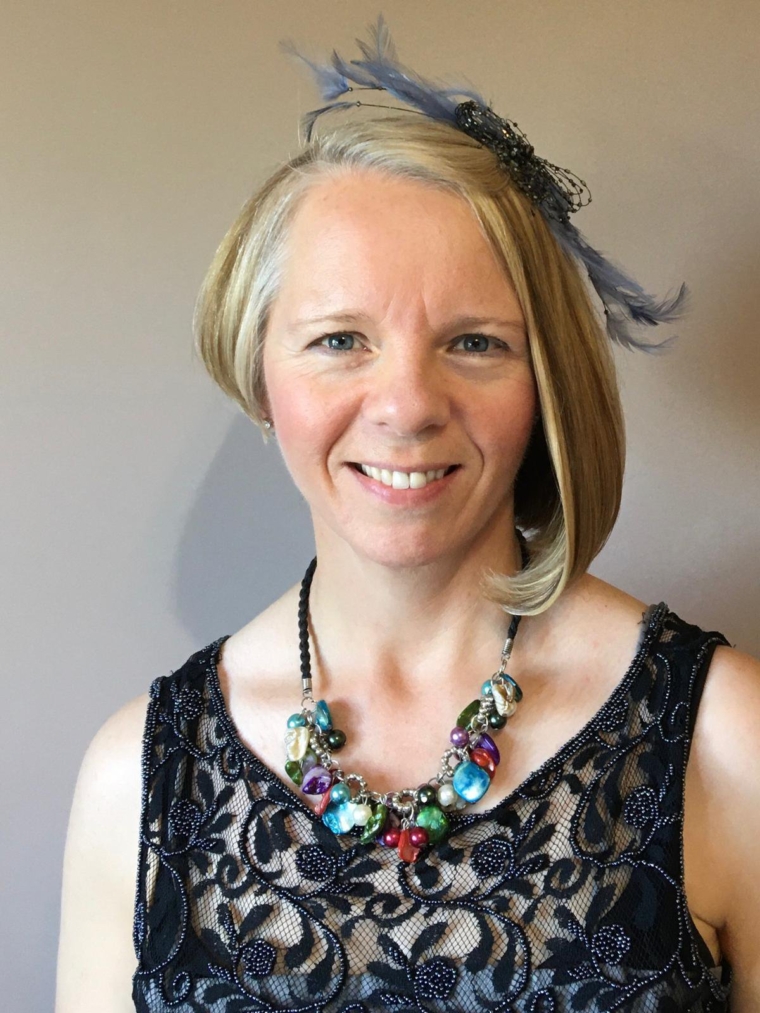
Pete, who is married and has three sons, said: “I already knew she was a warm person from the letters we exchanged, but to meet the person who agreed to honour her husband’s wishes was very overwhelming and emotional.”
The 56-year-old, who is playing golf at the Games, added: “My life totally changed after the liver transplant. It was like a rebirth and gave me the strength to do things and have a good life. Without the transplant, I wouldn’t be here now.
“The Games will be a wonderful opportunity to say we have all been through this transplant journey and can still compete and have a normal life after organ transplant.”
‘I’ve got a kidney each from my mum and dad – they saved my life’
Many people are used to hearing comments such as “You’ve got your mother’s eyes” or “Your mouth is definitely from your father”. However, Akash Suryavansi can say: “I’ve got a kidney each from my mum and dad and they both saved my life.”
Akash, now 24, was born with failing kidneys and had his first transplant at the age of six. His mother Tina donated one of her kidneys as she was a match, while father Aky couldn’t donate as he was a different blood group.
The first transplant totally transformed Akash’s life. However, after 11 years his kidney function deteriorated and he was put back on dialysis and the waiting list for another transplant.
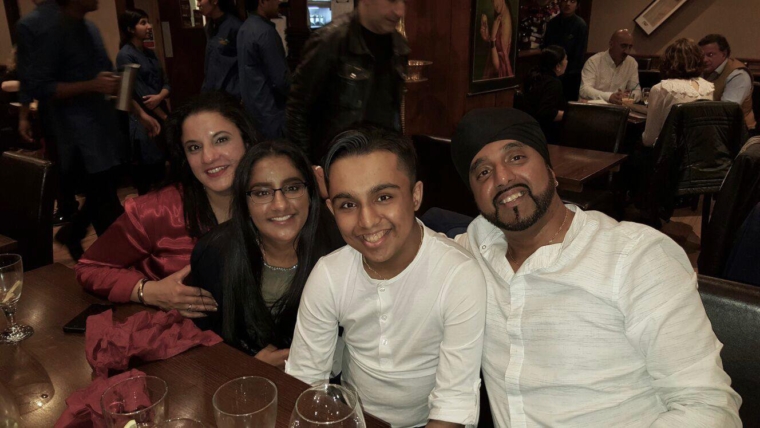
Due to medical advances, this time Aky was able to give his son one of his kidneys, as doctors used medication to trick Akash’s body into accepting the organ.
Aky told i it meant the world to him and his wife knowing they were both able to help give their son a future.
“We were desperate to help Akash as like most parents, we wanted to do everything for our child,” Aky said. “It’s really lovely for me and Tina to know we played a part in saving our son. Knowing Akash has a kidney from each of us is very special.”
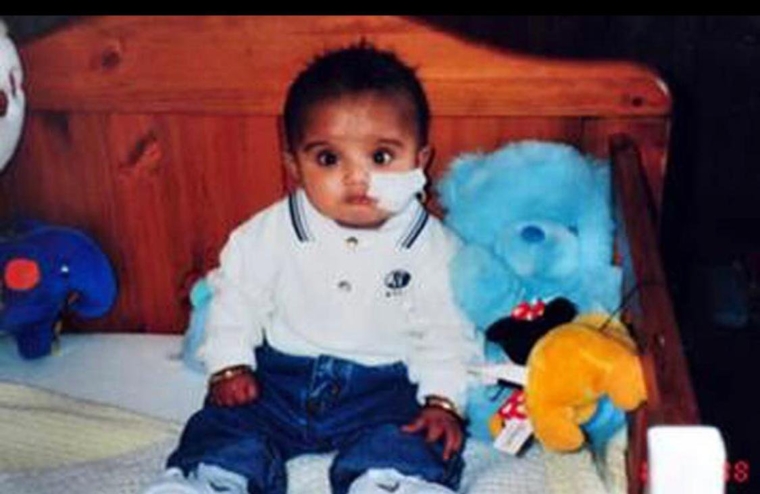
Before birth, Akash, who has a twin sister Dinish, was food-restricted in the womb and medics warned he might die. When he was born he had two dysplastic kidneys, which is when the kidneys don’t develop properly and are full of cysts.
Akash needed a lot of intensive care and has had around 60 operations. After he received his mother’s kidney, he enjoyed life like other children.
Unfortunately, Akash experienced further issues with his kidneys, and had a heart murmur and inflammation on the heart valves which resulted in a double brain haemorrhage and a week-long coma.
Related Stories
It was at this stage Aky learned that he could now donate a kidney to his son, and Akash underwent his second transplant at 17.
Akash spent a lot of the pandemic shielding as he was classed as clinically extremely vulnerable. His family was even torn apart during the first lockdown as mum Tina, who manages A&E departments at Leeds hospitals, moved out of the home for 10 months to protect her son against Covid. The family only managed to reunite by renting a bigger home so Akash could have a separate bathroom.
Akash went to his first British Transplant Games at the age of eight and told i: “I’m looking forward to the Games and am excited and happy at the thought of seeing all my friends again.
“Even though we’ve kept in contact through social media, it will be wonderful and emotional to see them in person and hear about everything they’ve gone through over the last three years.”
‘It was like someone had flicked a switch – she went from surviving to thriving’
When Mia Mason woke up after her kidney transplant, her mother Sammi Ramsey knew it had been a success when the almost three-year-old who was tube-fed began demanding crisps.
“Life has never been the same since in the most positive way,” says mum-of-three Sammi, who lives in Harrogate. “Before the transplant, Mia’s life was about surviving, not thriving.
“She was just a living body and didn’t do anything. She couldn’t eat, talk or walk and wasn’t even crawling. She was tube-fed and wasn’t hitting any of her milestones.”
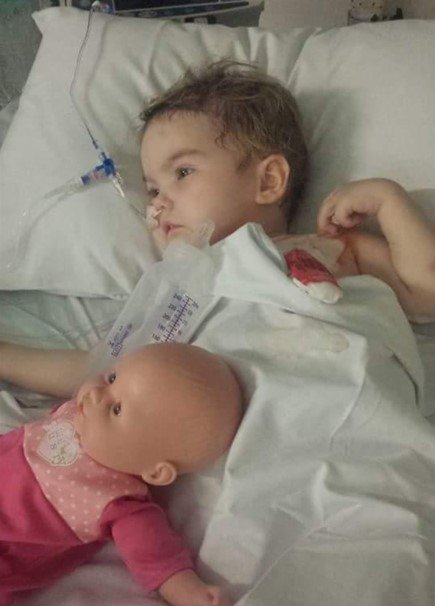
Mia was born on New Year’ Eve 2011 and Sammi was warned she was unlikely to survive beyond six months after she was diagnosed with congenital nephrotic syndrome. This meant Mia was born with failing kidneys and doctors had to try and maintain her until she was big enough to have a kidney transplant.
Then, in 2014, Mia underwent a a life-saving kidney transplant from a deceased donor following eight months of dialysis. At the time, she was the smallest patient to receive a kidney transplant at Leeds Children’s Hospital.
Today, Mia, now 10, doesn’t look or act any differently to other girls her age and loves dancing, socialising and making TikTok videos.
“The transplant meant absolutely everything and more to us,” says Sammi. “Once Mia had the transplant, things changed completely and she was like a totally different person.”
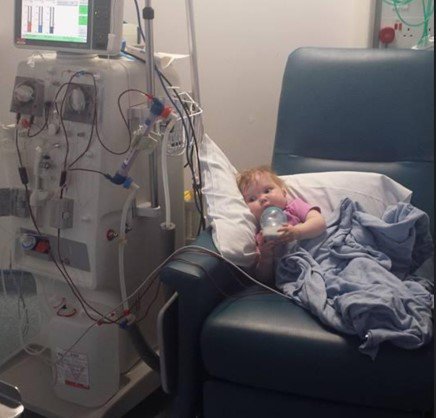
Mia, who has been going to the British Transplant Games since she was four, is looking forward to attending the first Games in three years.
“I love the Games because I get to see all my friends I’ve made through hospital,” Mia tells i. “We are all the same with our transplant and we laugh, have fun and try to win as many medals as possible for Team Leeds.”
Mia has been fundraising in preparation and set herself the challenge of completing 100 miles in 100 days through any means – running, walking, skipping, hopping, swimming and cartwheeling.
“Mia has her own transplant friends and a lot of them find so much comfort in being able to talk to and socialise with others who have been through the same thing. These children totally understand and get each other in a way no one else does,” Sammi said.
“The Games will be a huge thing for Mia this year as it will be the first time she will be old enough to truly understand there’s so much more to them than the sporting side of things.”
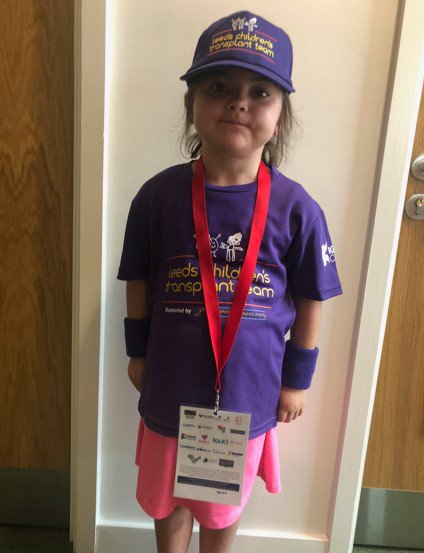
Roger Burnley, chair of the British Transplant Games’s stakeholder board, is a former Asda CEO who was inspired to take on the role after his daughter underwent a double lung transplant at the age of 18.
“They are a chance for the transplant community to reunite and celebrate together, but it’s also a way to raise awareness of the lifesaving benefits of organ donation and encourage those crucial conversations between families,” he said of the first British Transplant Games since 2019.
Dr Paul Harden, chair of Transplant Sport, says the Games will be the start of a summer of sport for the transplant community as in August, the European Transplant and Dialysis Games are coming to the UK for the first time ever, with Transplant Sport hosting them in Oxford.
He said: “We have not one but two opportunities to share organ donation messages, encourage recipients to stay active post-transplant, but more importantly, remind people how important it is to talk about organ donation wishes with loved ones.”
The British Transplant Games takes place in Leeds from 28-30 July

